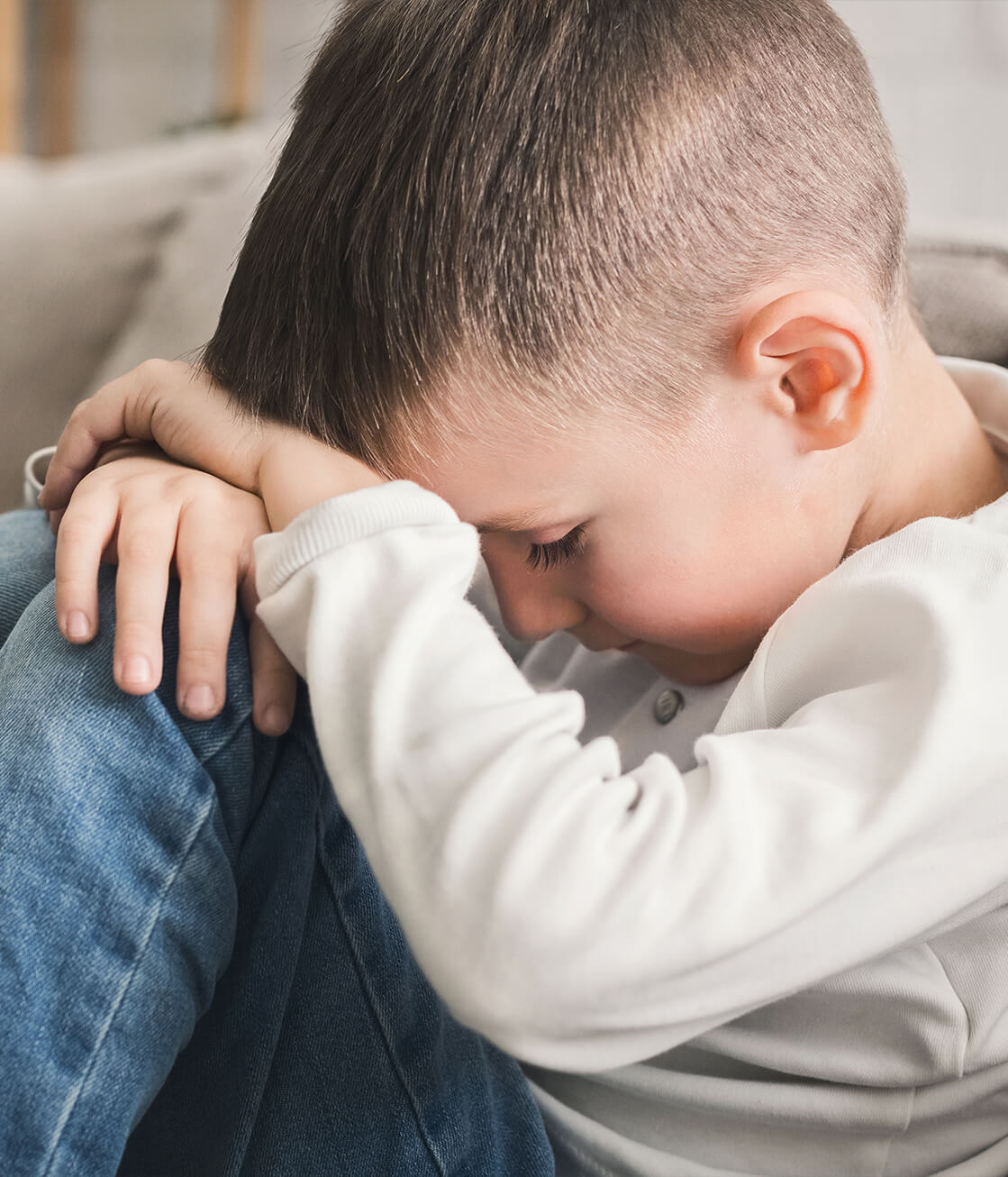Impact of Foster Care & Adoption
Child abuse needs to stop and education is the key.
The following free resources are essential to driving change and
are made possible through your contributions, thank you.

THE RISK OF NEGATIVE OUTCOMES IS REDUCED THROUGH A NURTURING AND STABLE FOSTER FAMILY CARE EXPERIENCE AND ADOPTION.

THE IMPACT OF FOSTER CARE
Foster children usually enter the foster care system due to abuse and trauma in their home. Neglect is the #1 reason children are removed, followed by parental drug use.
When children in foster care experience placement instability, this instability has a significant impact on their behavioral well-being. A study showed a 63% increase in behavior problems due to instability alone. It is suggested that interventions that promote placement stability would improve outcomes among youth entering foster care.
Older youth and teens age 15-18 have lower adoption rates than younger children and wait longer to be adopted, often aging out of the system without a stable place to call home.
Displacement and instability causes a unique set of emotional, social, financial and academic challenges for them. Foster kids often experience grief, guilt, anger, sadness, loneliness, anxiety, low self-esteem, mental and physical health issues.

THE IMPACT OF ADOPTION
Adoption affects adoptees, birth parents, and adoptive parents) and other birth and family members throughout life. The adoption experience can contribute to feelings of loss and grief, questions about self-identity, or a lack of information about their medical background.
However, adoption whether formal or informal, has always been a superior method of assuring survival for children whose parents are unwilling or unable to care for them.
Adoption can affect child development in profound ways. Data collected from studies over the past three decades, supports adoption as a superior means of promoting normal development in children permanently separated from birth parents.
Out of calamity and loss, children recover and progress to become functionally and emotionally competent adults. For children suffering severe neglect or abuse in early life, an adoptive family is a remarkable environment for healing emotional and physical trauma and reversing developmental deficits. Adopted persons generally lead lives that are very similar to their non-adopted peers.
“Every child, regardless of age, deserves the love and stability that a family can offer. Families who adopt older youth provide teens with love, acceptance and support during a critical period of life and throughout many important milestones.“
Rafael López
Commissioner, Administration on Children, Youth and Families.
The Impact of Aces
What happens to kids during childhood shapes who they become as adults.
Children who are abused or neglected are at higher risk for health problems as adults know as Adverse Child Experiences. These problems include alcoholism, depression, drug abuse, eating disorders, obesity, high-risk sexual behaviors, smoking, suicide, and certain chronic diseases.
RECOGNIZING SIGNS OF CHILD NEGLECT & ABUSE
It is not always easy to recognize that a child is being hurt or is at risk, so abuse is often undetected. There are indicators (signs, symptoms or clues) that when found, either on their own or in various combinations, can point to possible abuse, neglect or violence in the home.
By learning the signs of neglect or abuse, lending a hand, listening, or reaching out for help, you may protect a child from further harm. Early intervention can help families stay together. It can take just one person to make a real difference.
Positive Parenting Support,
At the click of a button.
Previous Section
Parenting Resource Center
Impact of Foster Care & Adoption
Next Section
